What are fine and bulk chemicals?
What are fine and bulk chemicals?
Chemicals play a crucial role in our everyday lives, from the food we consume to the medicines we rely on for our health. We often come across terms like fine chemicals and bulk chemicals, but what do they really mean? In this article, we will delve into the definitions of fine chemicals and bulk chemicals, their differences, and their significance in various industries. So, let's explore!
Defining Fine Chemicals.
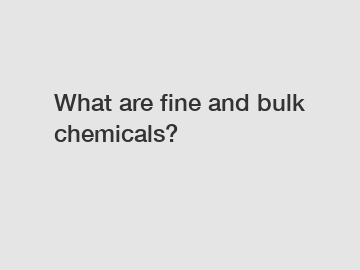
Fine chemicals, also known as specialty chemicals or performance chemicals, are chemicals produced in smaller quantities with a focus on high quality, purity, and performance. These chemicals are often used as ingredients or intermediates in the production of other substances and products.
Fine chemicals are typically synthesized through complex, multi-step processes that require specialized equipment and expertise. They undergo rigorous testing and quality control checks to ensure their specific characteristics and performance standards. Due to their high purity and quality, fine chemicals are more expensive compared to bulk chemicals.
Applications of Fine Chemicals.
Fine chemicals find applications in various industries such as pharmaceuticals, healthcare and personal care, agrochemicals, flavors and fragrances, and specialty polymers, among others.
In the pharmaceutical industry, fine chemicals are used in the production of active pharmaceutical ingredients (APIs) and excipients. These substances are crucial for the formulation and development of pharmaceutical drugs that meet specific therapeutic requirements. Fine chemicals enable the production of safe, effective, and high-quality medicines that comply with stringent regulatory standards.
In the personal care industry, fine chemicals are used in the production of cosmetics, skincare products, and hair care products. These chemicals contribute to the desirable characteristics and performance of these products, addressing specific needs such as moisturization, protection, and anti-aging effects.
Additional resources:Sulfonyl Halides: Versatile Compounds in Organic Chemistry
1-Chlorooctane: A Prominent Alkyl Halide in Organic Synthesis
Choosing the Right Refrigerant Gas: Factors to Consider
Can Water Resistant White Powder MHEC Revolutionize Construction Materials?
HPMC for Tile Adhesive
Daily Chemical Detergent Grade HPMC Cellulose: Enhancing Performance and Sustainability
What is lithium aluminium deuteride?
Furthermore, fine chemicals play a vital role in the agrochemical industry by enabling the production of plant protection products, herbicides, fungicides, and fertilizers. They help enhance crop yield, quality, and pest resistance, contributing to sustainable agriculture practices.
Differentiating Bulk Chemicals.
Bulk chemicals, also known as commodity chemicals or basic chemicals, are chemicals produced in large quantities, usually in continuous or batch processes. These chemicals are generally less complex in terms of their structure and functionality compared to fine chemicals.
Bulk chemicals serve as the building blocks for various industries. They are used as raw materials to produce a wide range of consumer and industrial products, including plastics, rubber, textiles, paints, detergents, and fertilizers. These chemicals are characterized by their lower production costs due to economies of scale, as they are produced in large volumes.
While fine chemicals focus on quality, purity, and performance, bulk chemicals prioritize cost-effectiveness and availability. However, it is important to note that the distinction between fine chemicals and bulk chemicals is not always black and white, as certain chemicals may fall somewhere in between, depending on specific characteristics and market demand.
Conclusion.
Fine chemicals and bulk chemicals are both essential components of the chemical industry, serving different purposes in various applications. Fine chemicals emphasize high quality, purity, and performance, often found in pharmaceuticals, personal care, and specialty industries. On the other hand, bulk chemicals are produced in large quantities and serve as raw materials for a wide range of consumer and industrial products.
Understanding the distinction between these categories of chemicals is crucial for businesses and consumers alike, as it allows for informed decisions regarding product quality, functionality, and cost. Whether it is the production of life-saving medicines or the manufacturing of everyday products, fine chemicals and bulk chemicals are fundamental to our modern way of life.
For more information or to discuss your chemical needs, please feel free to contact us. We are here to assist you in finding the right solutions for your specific requirements.
Are you interested in learning more about Technical Naphthalene Manufacturer, fine chemical products bulk, Aluminium Ingot Manufacturer? Contact us today to secure an expert consultation!
Additional resources:Praziquantel USP: The Effective Antiparasitic Agent
What is Oxytetracycline Hydrochloride Used For?
What is sodium sulfide used for?
What is Hydroxy Ethyl Cellulose?
4'-Methylpropiophenone: An Insight into its Properties and Applications
Enhancing Embroidery Artistry: Exploring the Wonders of Embroidery Adhesive
What is the use of carboxymethyl cellulose?
209
0
0
Related Articles
-
317
0
0
-
335
0
0
-
339
0
0
-
363
0
0
-
316
0
0
-
399
0
0
-
350
0
0
-
303
0
0

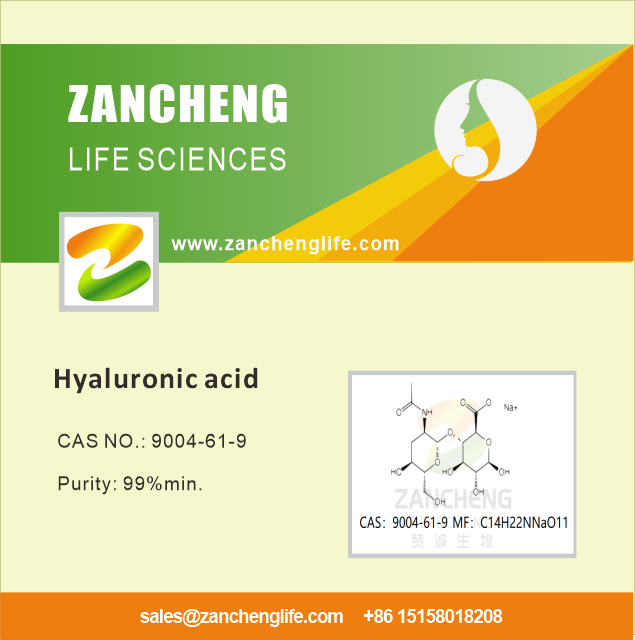
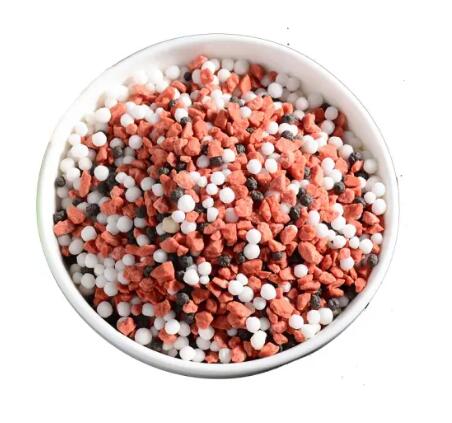
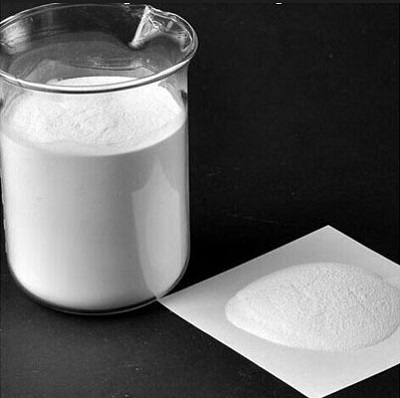

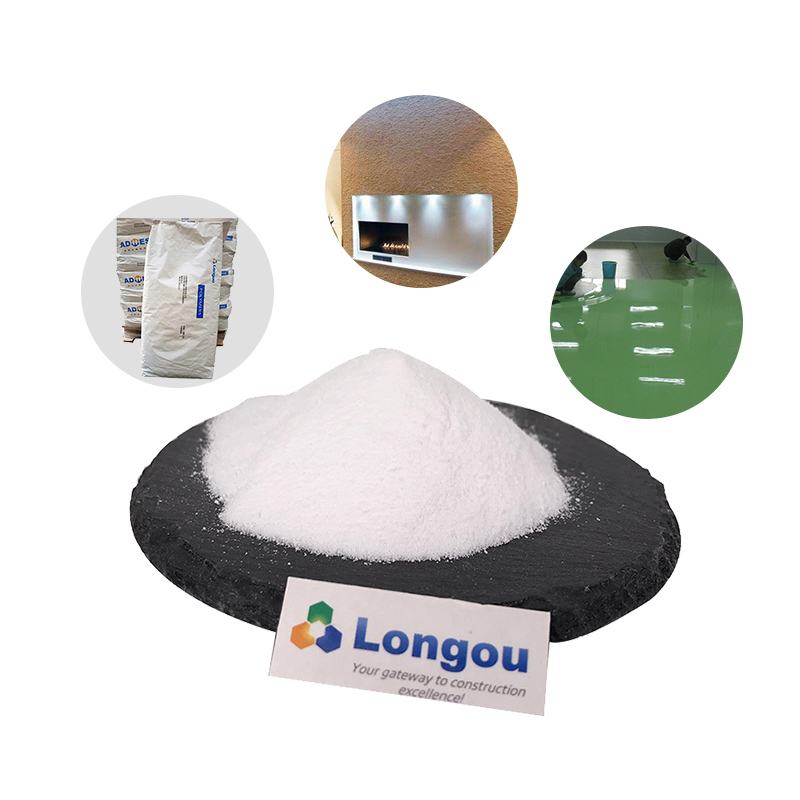



Comments
All Comments (0)